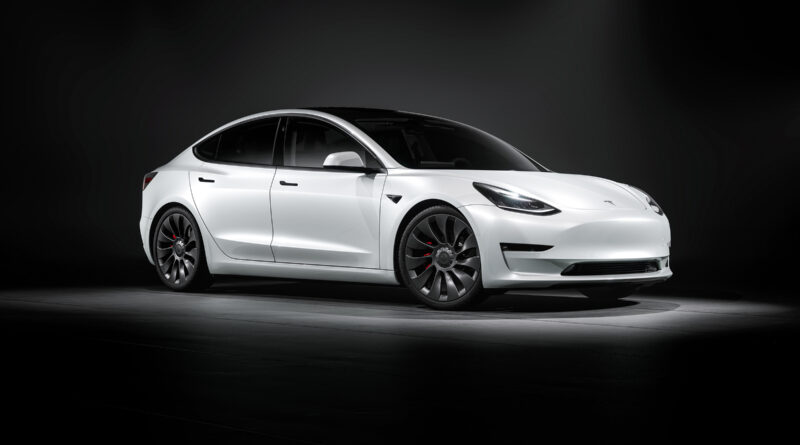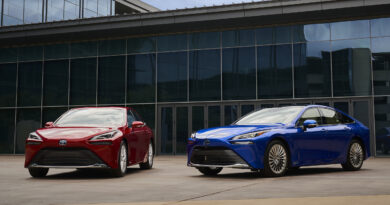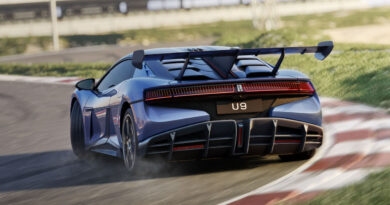NSW is officially the best state in Australia to buy an EV as incentives become law
NSW is officially the best state in Australia to buy an EV as a raft of incentives are signed into law.
Part of a $490 million investment to kickstart EV sales, the NSW government’s incentive package includes major subsidies, stamp duty exemptions and access to T2 and T3 transit lanes, with the package widely considered the best and most generous in Australia.
Vehicles priced below $68,760 will be eligible for a $3000 subsidy, effectively lowering the maximum price to $65,760, but with the number of eligible vehicles capped. That plan, which costs $75 million, isn’t intended as a life-long subsidy, but as a way to encourage the first wave of EV ownership.
The NSW government will then add to that by waiving stamp duty for electric cars priced under $78,000, unlocking further savings of up to $3000.
EXCLUSIVE REPORT: How much it costs to own and run and EV in Australia. The complete guide to electric car running costs
READ MORE: Affordable EVs you can buy right now: From Nissan and Hyundai to Tesla and BMW
READ MORE: Complete guide to EV rebates, discounts and incentives across Australia
READ MORE: EVs to pay 2.5c per km in NSW – but not until 2027
READ MORE: Why your Next Uber will be electric
READ MORE: Plans for electrification of NSW government fleet to make used EVs more affordable
To put those numbers into perspective, the top-selling Tesla Model 3 Standard Range Plus sells from $64,662 drive-away in NSW.
With the subsidy and the tax break it should lower that price to $59,487. A Nissan Leaf would drop from $53,190 drive-away costs to about $48,700, with the more expensive Leaf e+ benefitting from slightly bigger savings. On the most affordable electric car currently available in Australia – the MG ZS EV – the savings will amount to about $4300 – or almost 10 percent off the $44,990 drive-away price.
“Our strategy also commences long-term major tax reform. Today we begin the process of permanently phasing out stamp duty on electric vehicles and a deferred transition to a fair and sustainable per-kilometre road user charge for electric vehicles,” said then-NSW Treasurer (and now Premier) Dominic Perrottet when introducing the plan.
“Electric vehicles are not only cheaper to run and quieter on our roads, but they also reduce both carbon emissions and air pollution which results in dramatically improved health outcomes for our communities.
“As the world’s right-hand drive market moves to manufacturing electric vehicles, we have to make sure we have the policies in place to give industry the green light to increase model availability and cut entry price points.”
Further benefits include travel in T2 and T3 lanes, essentially allowing electric vehicles to beat traffic. The NSW Government has also flagged its intention to introduce a Victoria-style road user charge of 2.5c per kilometre for EVs and 2.0c per kilometre for PHEVs, but has flagged 2027 as the introduction date or when sales of EVs hit 30 percent.




